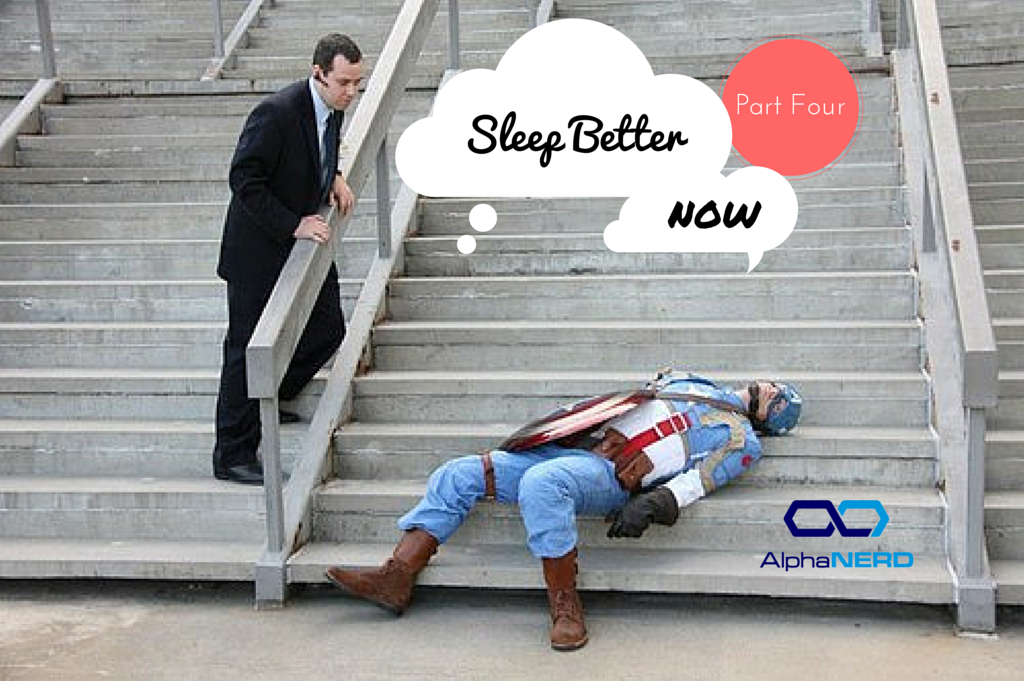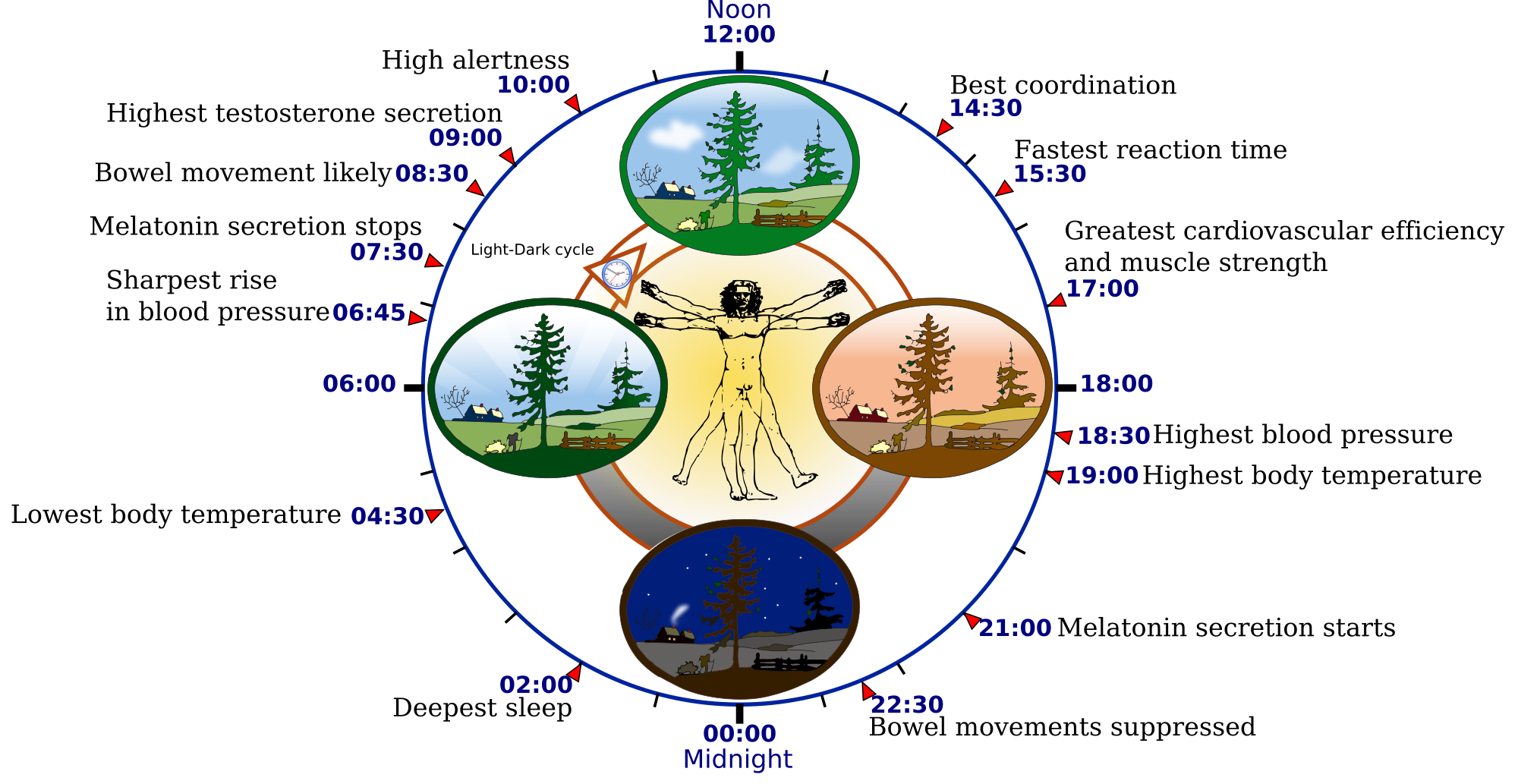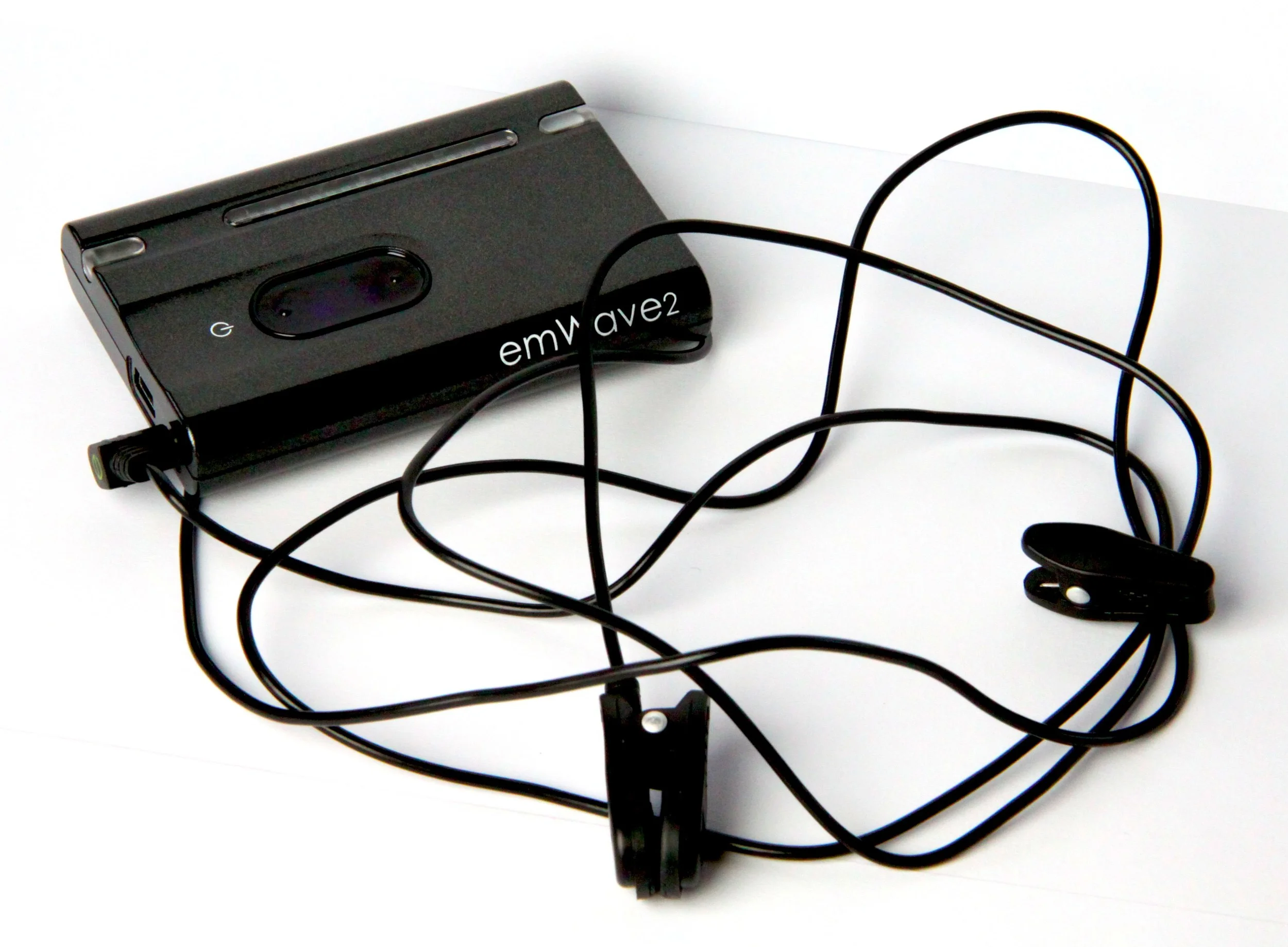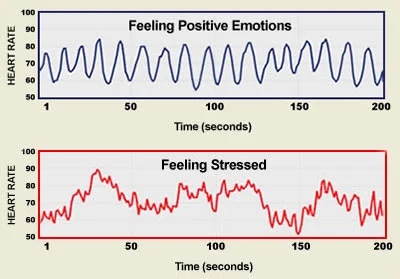Assuming you’ve read the previous three articles in this series on sleep, you now know how to create a Sleep Sanctuary by making your bedroom the ideal place to get deep, restorative sleep. You’ve dialed in your nutrition, are avoiding caffeine later in the day, and know what supplements will optimize your slumber. You also know the importance of starting your morning right, setting yourself up for an amazing day, and ultimately, an amazing night’s sleep. In this article, I will explain the importance of a bedtime ritual, how I track my sleep, and how I use this information to find ways to further improve my sleeping habits.
Effects of light on Circadian Rhythms (click to enlarge)
As I stated in Part 1, getting your Circadian rhythms in sync with the sun is vital for optimal sleep patterns, and getting outside early in the day to catch that sunlight (part of my morning ritual) is the best way to do that naturally. I’ve also mentioned (in Part 3) that the bright blue and white light beaming out of your computer, TV, phone, and tablet screens at night emulates sunlight, telling your body it’s still daytime and interfering with sleep-inducing hormones. Once the sun sets, I make a conscious effort to use less electronics and keep the lighting in my home as dim as possible. Since avoiding these devices altogether is not realistic nowadays, I use the free Flux app on my computers, which filters out the harsh blue light. Because I don’t have such a filter on my phone, iPad, or TV (at least not yet), I wear my amber-tinted, blue-blocking glasses in the evening as well. I also refrain from working out in the evening (it’s part of my morning ritual instead) because it releases cortisol which can also interfere with those precious sleep-inducing hormones. Avoiding sleep disrupting light and high-intensity exercise later in the day keeps my Circadian rhythms in a natural, sun-synchronized state from morning through night.
Circadian Rhythms and your daily biological clock
Evenings and nights should be a time to relax, hang out with family or friends, indulge in a hobby or form of entertainment… Generally, just some time for yourself to unwind from the day. This was always difficult for me because of a busy schedule and the self-perceived notion that I was a night owl. There are definitely exceptions to this rule, but your work generally shouldn’t carry into the latter part of the day, and there should be a time that you set as a cut-off for work-related tasks and electronic communications. This means that you should stop responding to calls, messages, and emails - they can almost always wait until tomorrow. This is the same time that I go over my to-do list from the day, evaluate the progress I made, and write down what needs to be done the next day. After this “brain dump”, I allow myself to completely let everything stressful or work-related go, mentally and literally. Your mind needs the time to decompress in order to get the deep, restorative sleep that will allow you to fire on all cylinders the next day (which allows you to get all your work finished earlier anyways).
Just like my mornings, my nightly ritual takes up a set amount of time. This organized set of habits has enabled me to end my day strong, wind down completely, and fall asleep the moment my head hits the pillow. The first step in creating a successful bedtime routine is setting a bedtime. That’s right - just like when you were a young child, you should have a set bedtime, and you should enforce it as strictly as your parents once did. I know how long my nightly ritual takes me, I know how many hours of sleep I need to get, and I know what time I need to wake up in the morning; therefore, I know exactly when this routine should start. Work backwards from the time you need to start work or time-sensitive tasks - through your commute time, length of your morning ritual, wake up time, hours of sleep needed, and length of your bedtime ritual - and you will figure out what time you should be getting to bed and when you should begin your nightly routine. Chances are, it's significantly earlier than what you're used to doing.
Working all day and fighting crime all night will even take a toll on Spidey
Most adults need about 8 hours of sleep per night. Individuals who have great eating habits, healthy relationships, and meditate often (to highlight a few examples) may not require as much. Conversely, someone with a poor diet, high-stress job, and no stress-management strategies may not feel rested even after 8 or more hours of sleep. Furthermore, people that exercise intensely on a regular basis require more sleep to fully recover. For example, Tim Howard (goalkeeper of Team USA) sleeps 10 hours per night and naps for an additional hour every day, but his life is dedicated to working out and being in top physical condition. It’s really up to you, your genetics, and your lifestyle, which is why I am such a proponent of tracking your sleep (more on that soon) to see your sleeping patterns and understand what is effecting them. Personally, I’ve been averaging a little more than 7 hours of sleep on weekdays and 8 hours of sleep on the weekends.
The beginning of my nightly routine begins with taking my bedtime supplements of Krill Oil, Magnesium, and Raw Honey. Check out the article on diet and supplements and their effects on sleep to read more details about why I consume those before bed. I drink a couple large glasses of water to chase everything down, and bring one to my bedroom with me. At this point, I will power down most of my electronics and unplug whatever I won’t be using until the next day. Next comes the hygiene sub-routine: brushing my teeth, flossing, washing my face, applying lotion and eye cream (hey, I'm trying to feel AND look my best), etc. I choose not to leave this step until the last minute like most people because it really puts me in the mindset that it’s time to unwind and get ready for bed. I then change into some comfy, loose clothes (generally just a pair of boxers) and do some light reading.
Heart Rate Variability: Coherence vs. Feeling Stressed
When I’m done reading, or starting to feel myself get drowsy, I begin the most important part of my nightly routine, which is my Heart Rate Variability training using a device called the emWave2 by HeartMath. The emWave uses a sensor that clips to my earlobe, detecting my heart rate as I synchronize my breathing to a series of rising and falling lights on the device (alternatively, the included computer software has on-screen animations to sync your breathing to). While breathing deeply and steadily, I focus on the physical sensation of the rising and falling of my chest while reflecting on my accomplishments from the day and what I am grateful for. In a nutshell, this is a mindfulness and breathing exercise - similar to the meditation I do in the morning - but with real-time feedback from a device helping me to lower stress, control my heart rate, and increase my mental and physical resilience. The software that comes with the emWave allows you to sync the results to your computer and view a detailed analysis of your day-to-day sessions and overall progress (see screenshot below). It’s an amazing way to end the day and literally calm my nerves - the perfect exercise before going to sleep. There are numerous benefits of using a HRV device and reaching “Coherence” for even just a few minutes a day, but it would take an entire article to do it justice. Until I write such an article on all the amazing results I've had from my emWave2, Heart Rate Variability Training, and reaching Coherence, follow this link to learn more about this practice and the science behind its benefits.
My stats within the emWave2 software, showing my total and average coherence, coherence ratios, and more.
Once my Heart Rate Variability training is complete, my lights and electronics are turned off (if they weren't already), and I'm comfortable in my bed, I set my phone to airplane mode. I then open the Sleep Cycle app to set my alarm and monitor how deep or light of sleep I’m getting using the iPhone’s sensors. Sleep Cycle gives very useful data such as quality of sleep, amount of time asleep, time in bed, average time sleeping, and more. I suggest using the app for a couple weeks with your normal habits to establish a baseline. The app allows you to track different variables, called Sleep Notes, that you can program and customize (for example, taking Krill oil at bedtime). After your baseline is established, start adding some new (and hopefully healthy) habits, one at a time, and track their effects on your sleep through the app. I have been able to quantitatively track that taking my supplements and getting to bed earlier leads to a more sound sleep. On the other hand, skipping my heart rate variability training or drinking caffeine past 2PM has a negative effect on my quality and duration of sleep.
I also love this app because it gives a range of soothing “white noises” to choose from that you can fall asleep to. I already have my fan and air purifier humming along, but the sound of waves lapping up on a beach is a nice touch to really help me melt into my bed. Probably the best part of Sleep Cycle is the Smart Alarm. You set a time you want to wake up - 6 AM for example - and it will gently wake you between 5:30 and 6 AM when it detects you are in a light state of sleep. Trust me, it is much better having your alarm go off at 5:30 when you are already rolling over and half-awake in bed than it is to have it startle you out of a deep sleep at 6. Below are just a few of the Statistics screens from my Sleep Cycle app.
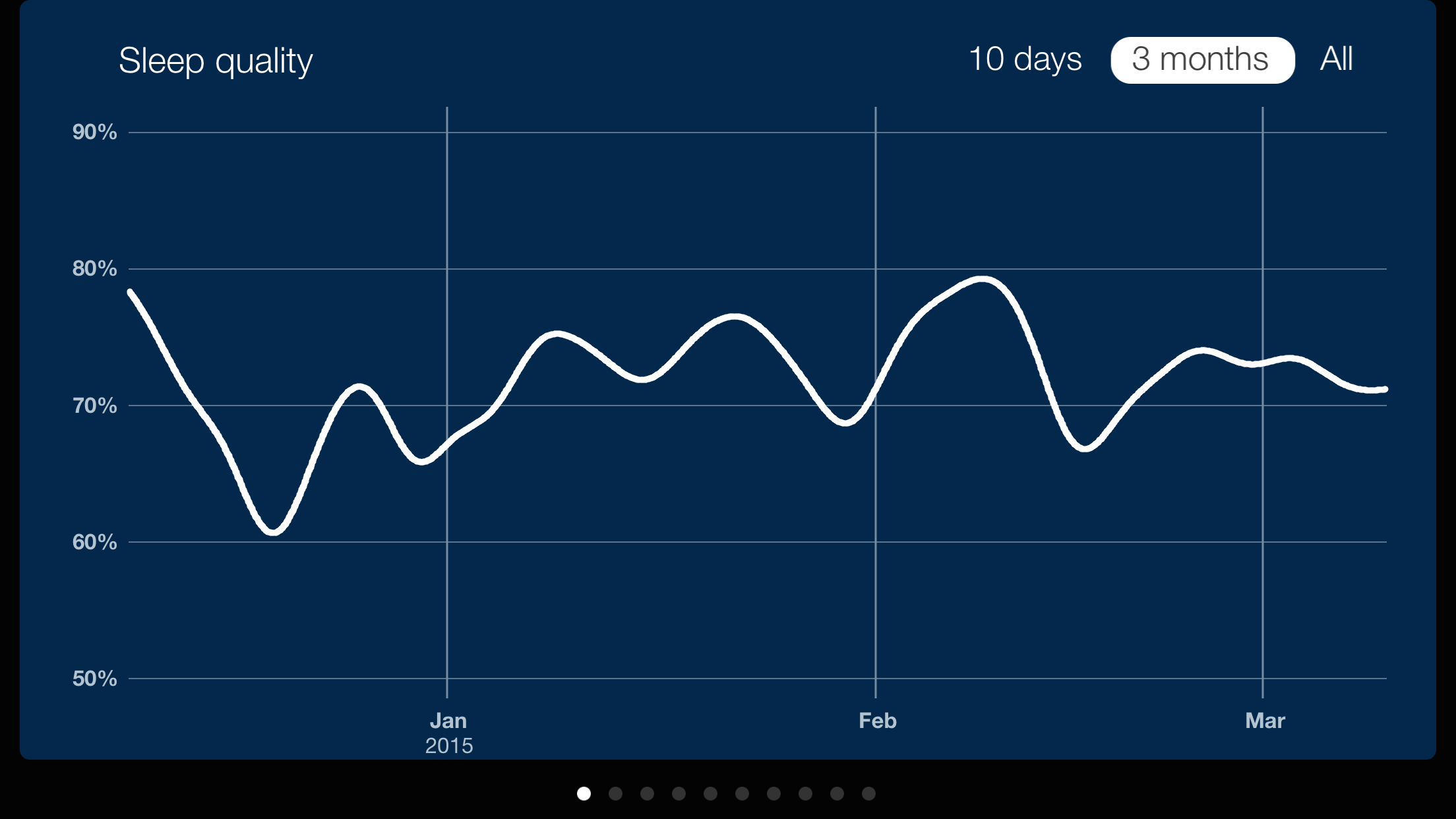
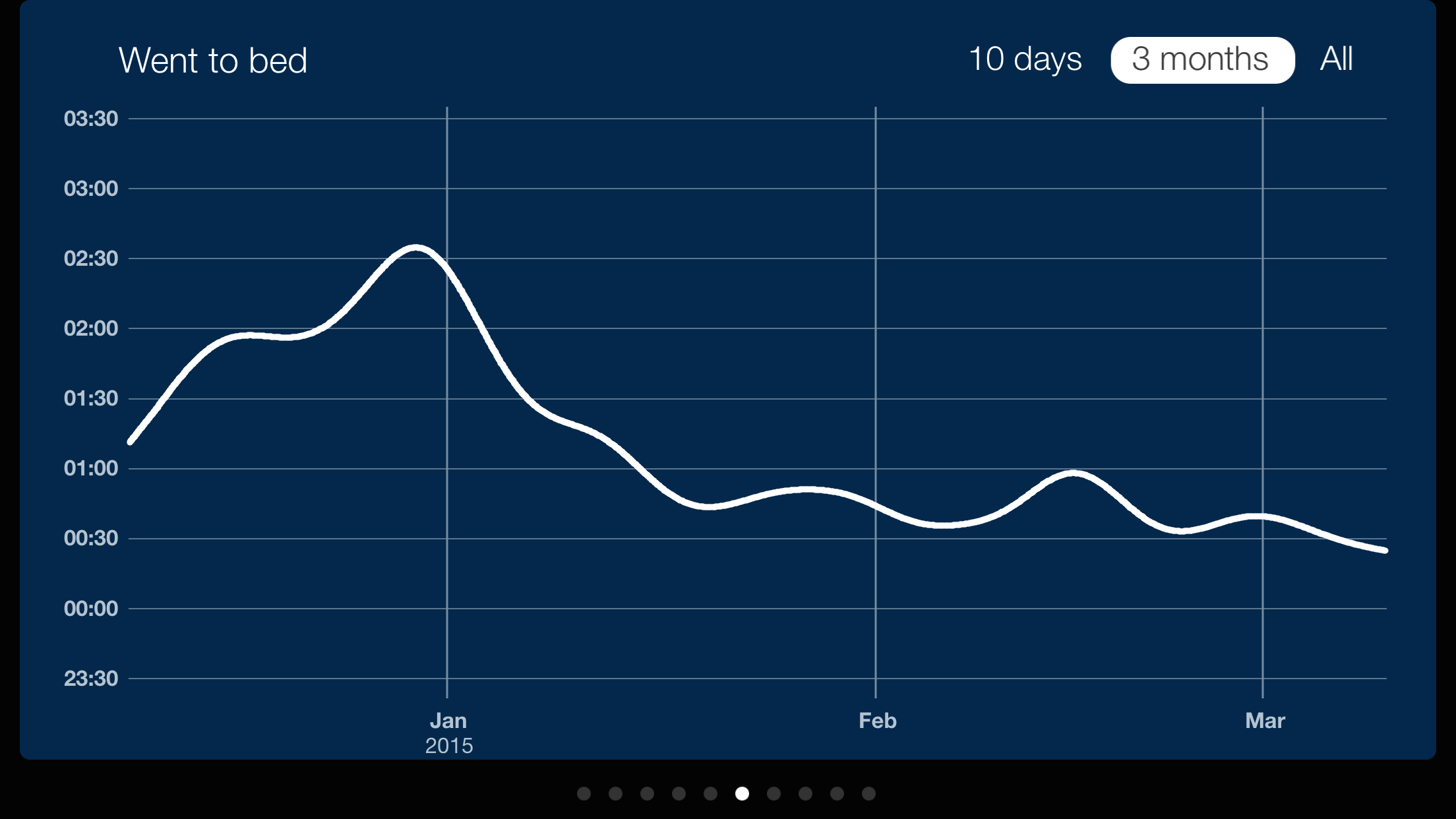
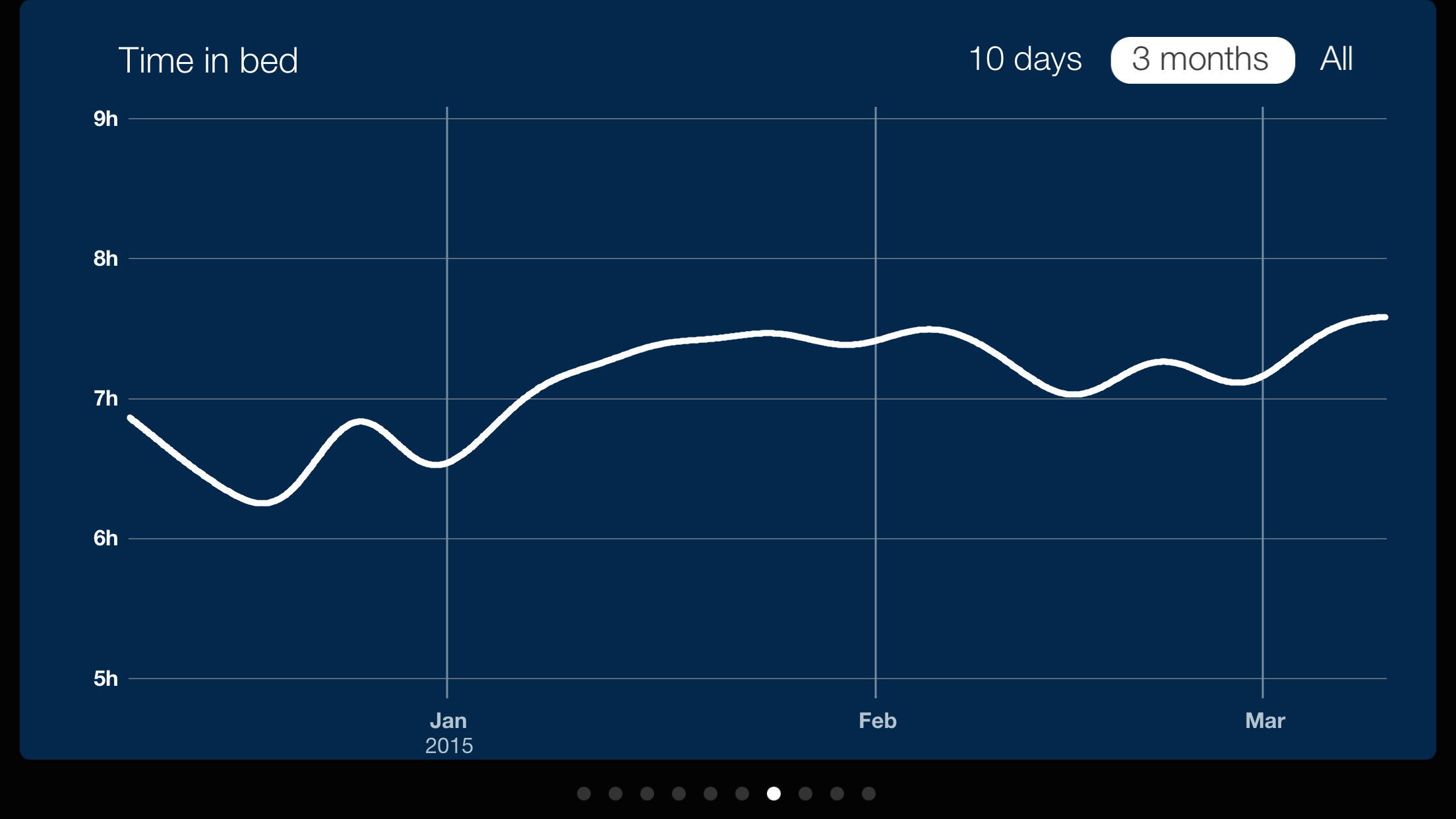
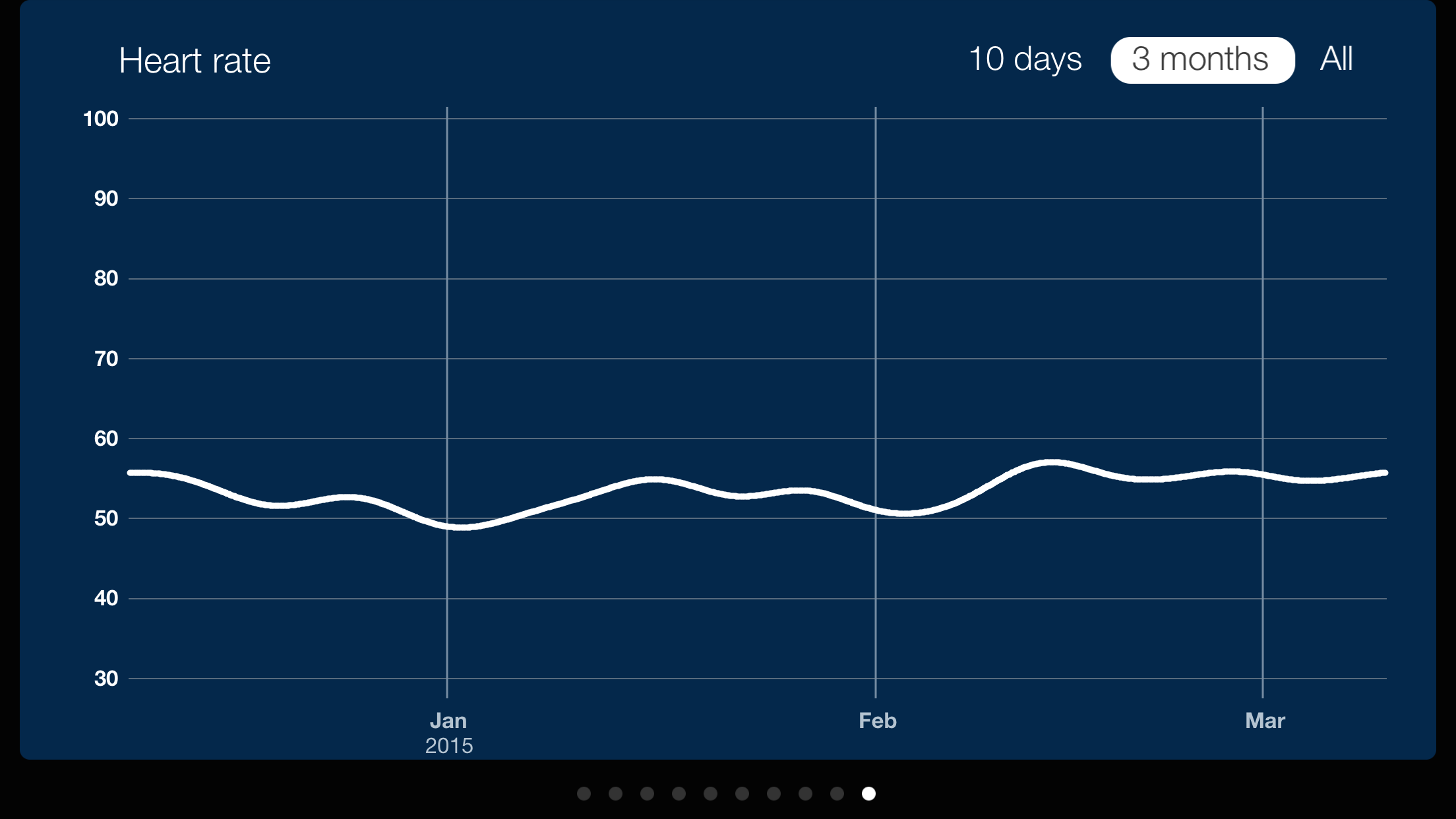
Once Sleep Cycle is open, I’ve logged my “Sleep Notes” from the day, and I’m laying back relaxed, listening to sounds of the ocean, I generally fall asleep within seconds after closing my eyes. I used to spend long periods of time tossing and turning and trying to fall asleep with my mind racing and having difficulty getting to sleep. Part of this was surely due to my diet and other lifestyle factors. After getting exercise and sunlight in the morning, nutritious meals throughout the day, supplements to aid in getting a great sleep, and a solid bedtime routine to help me wind down, this is no longer a problem whatsoever. However, on the rare occasion that I do find myself staring into the pitch blackness of my room, I continue breathing deeply (following the same pattern as my HRV exercise), and focus on the rising and falling of my chest from each inhale and exhale. Within seconds, I will be out like a light and reaping the benefits of my good habits and routines. Come morning, I will have more than enough focus, energy, and motivation to do it all over again and feel super-human.

